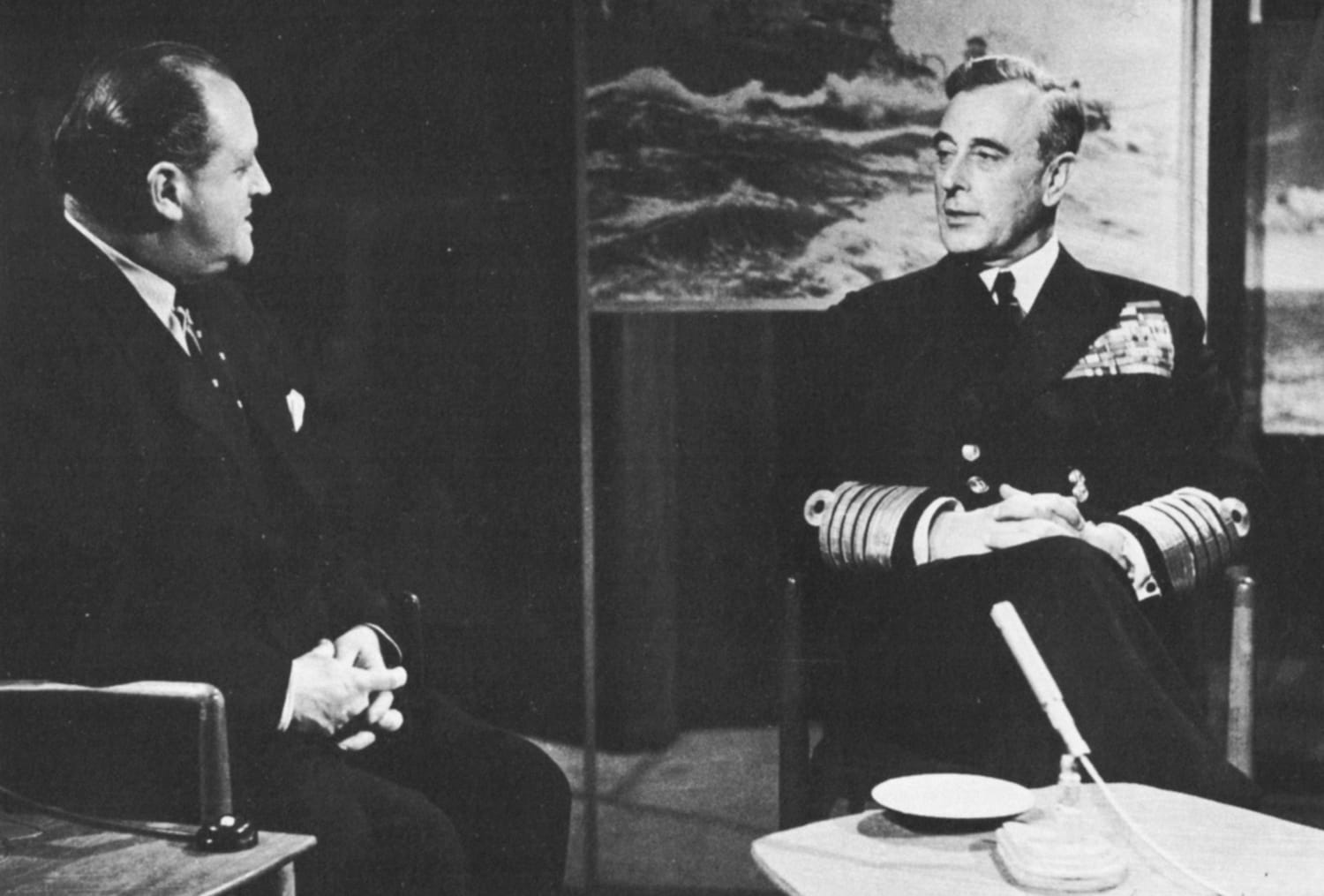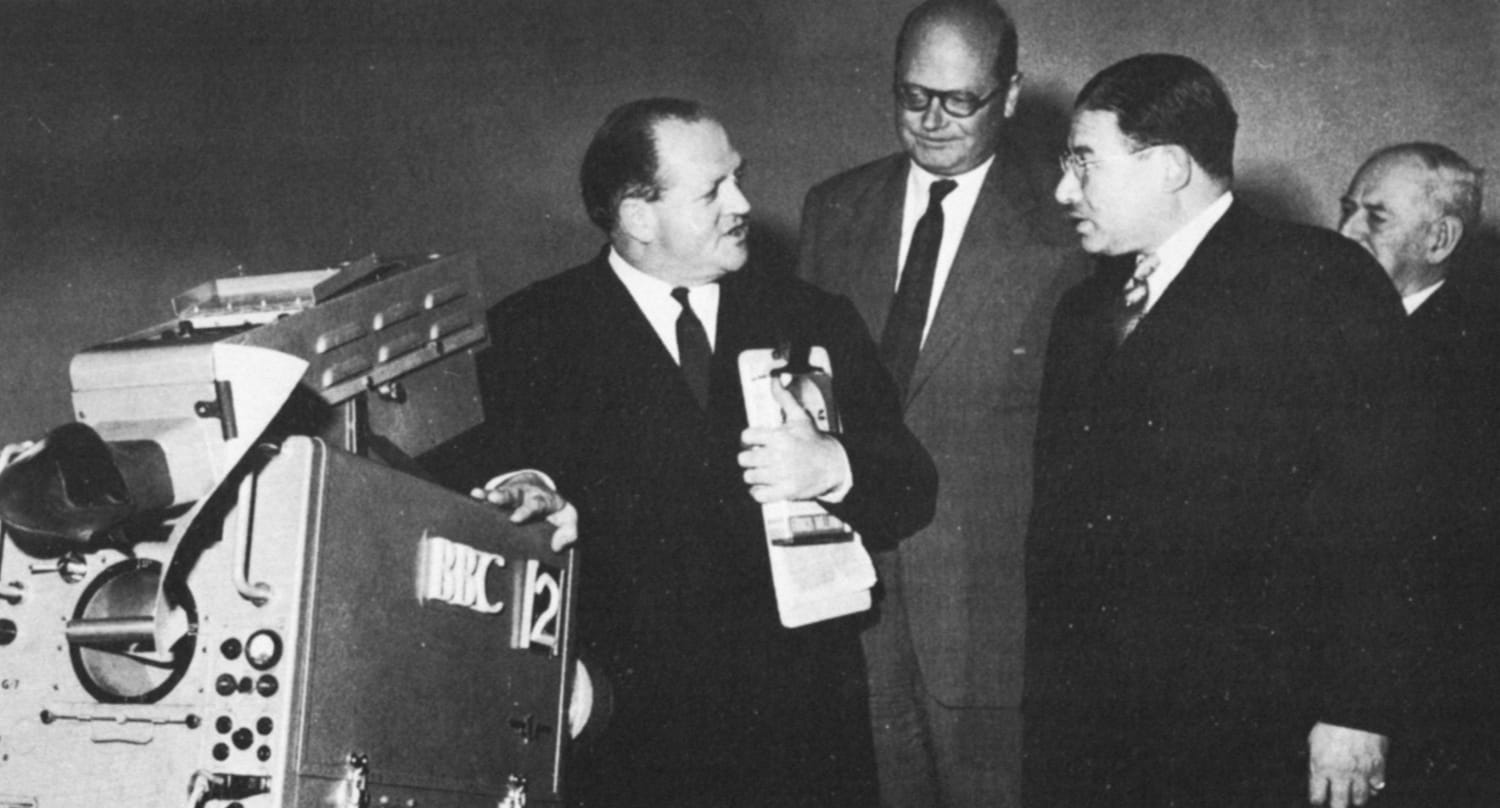Richard Dimbleby must have had millions more friends than he could ever have known, and this was because in millions of homes those who heard his voice and saw him on television must have felt he had become their friend. But however much his friendship came through on television it could not be compared with the warm-hearted friendship that came through to those of us who had the good fortune to know him personally. He was an interesting and entertaining friend, and a kind friend, and to an amateur appearing on television – which can be a very frightening process – he was kind, helpful, and considerate.
Richard Dimbleby it was who first in broadcasts brought to life the scene his voice described long before television existed. Richard Dimbleby it was who, long before colour television had come about, put colour into the black and white pictures of television: he managed to interpret the scenes in such a very human, understanding way. He brought dignity to every occasion, and he put national events into the homes of the nation, so that everybody felt they could take part in them; everybody felt as though they could be proud of what was going on; everybody in fact could feel proud of being British.


